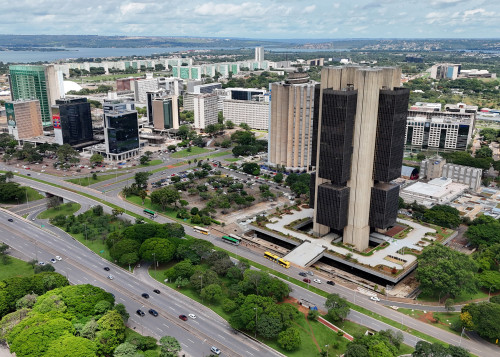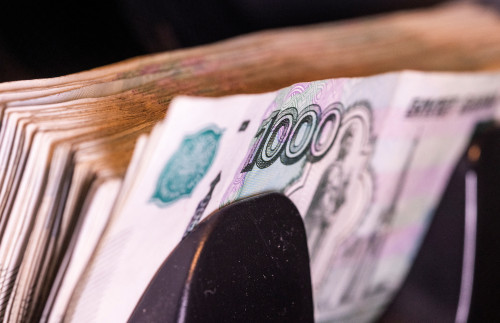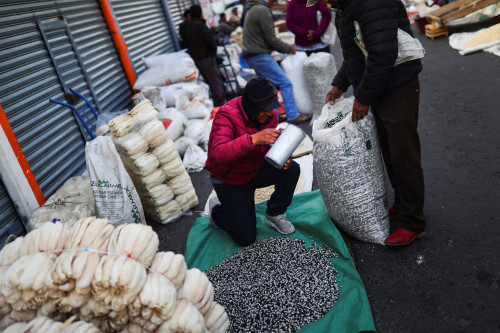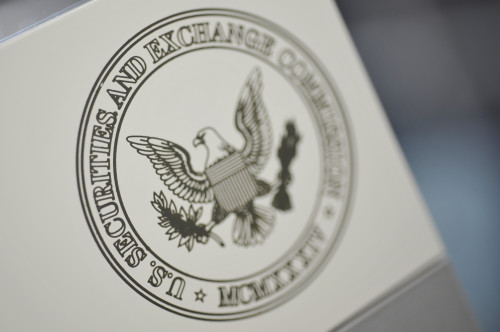BRASILIA (Reuters) -Brazilian central bank director Nilton David signaled on Monday that policymakers will monitor inflation expectations when determining their next steps, anticipating that inflation will remain persistent in the coming months.
Earlier this month, the central bank raised interest rates by 100 basis points for the third consecutive time, sticking to previous guidance, and penciled in a smaller hike in May.
The decision was made with “strong conviction” that the tightening cycle was not over but that the next move should be of a lesser magnitude, the bank’s director of monetary policy said at an event hosted by Itau BBA.
“It was more appropriate for us to provide this signaling to ensure a smoother exit from forward guidance,” said David.
The key question now is how the next few months will unfold, with inflation readings expected to remain high for the next three to five months, he said, adding that policymakers would also closely monitor market inflation expectations and economic agents’ behavior.
“We will calibrate (our policy) based on these factors. We don’t have a precise formula, but these are the key conditions or at least the inputs we use to fine-tune our approach,” he said.
The director stressed that monetary policy is guided by inflation, not economic activity, and noted that policymakers “strongly believe” long-term unanchored inflation expectations stem from concerns over potential fiscal surprises.
Despite the Brazilian real appreciating nearly 8% this year, inflation expectations have only moved further away from the official 3% target, he said.
Market participants surveyed weekly by the central bank project inflation at 5.65% this year, 4.50% in 2026, 4.00% in 2027, and 3.78% in 2028.
The director also said the central bank has yet to reach a firm conclusion on the impact of new rules for payroll-deductible loans to formal workers.
One possibility, he noted, is that borrowers will refinance expensive debt with cheaper credit, while another is that they will take on new debt.
(Reporting by Marcela Ayres; editing by Gabriel Araujo and Chizu Nomiyama)










